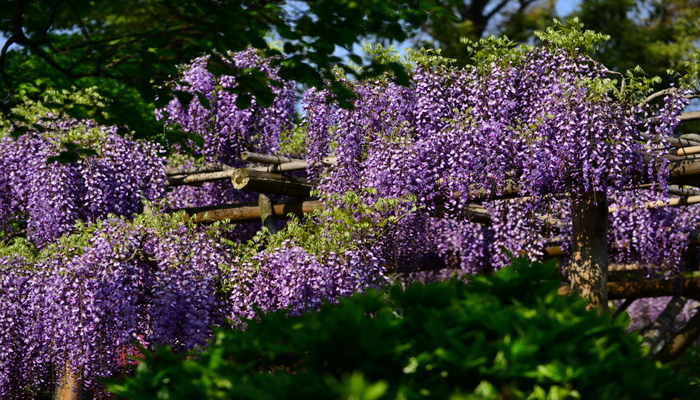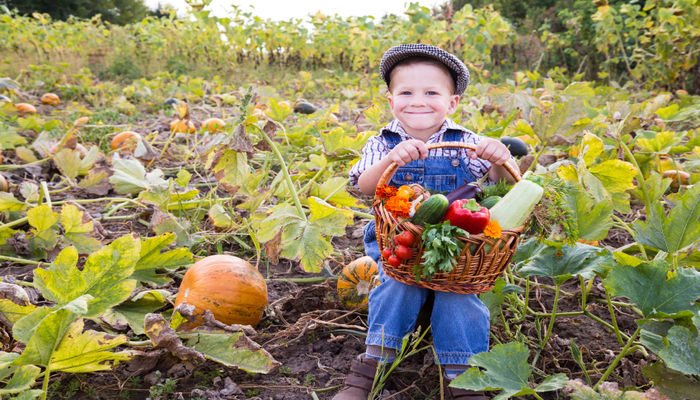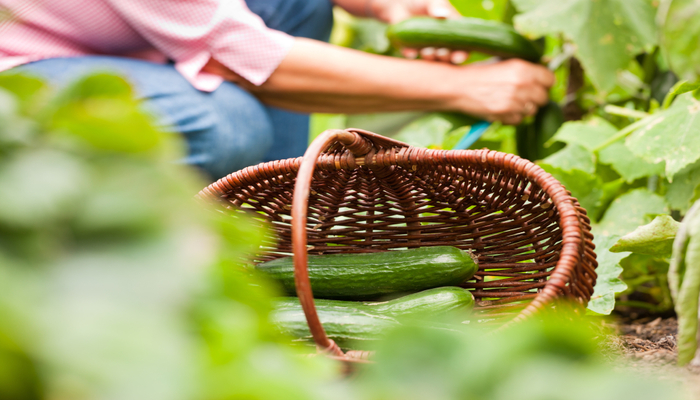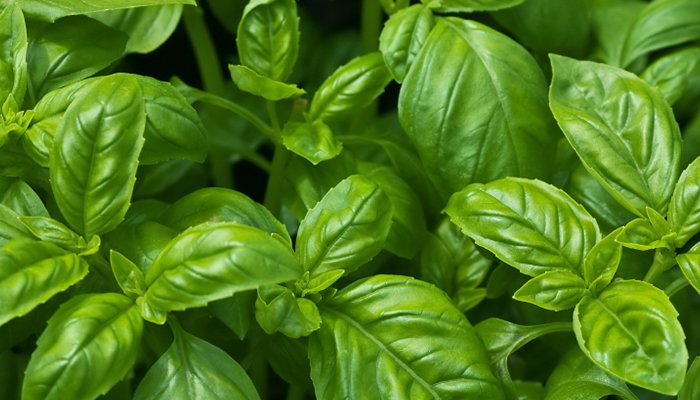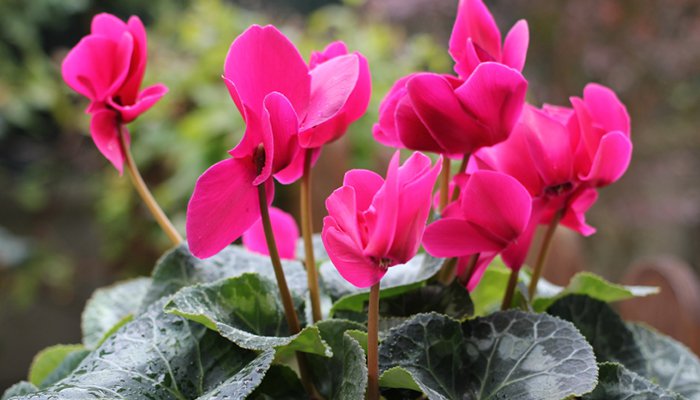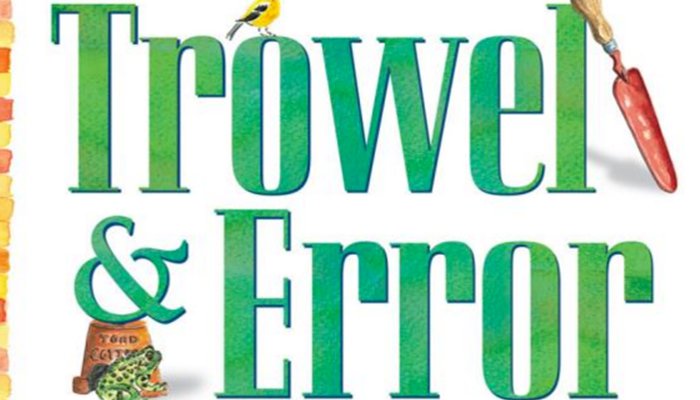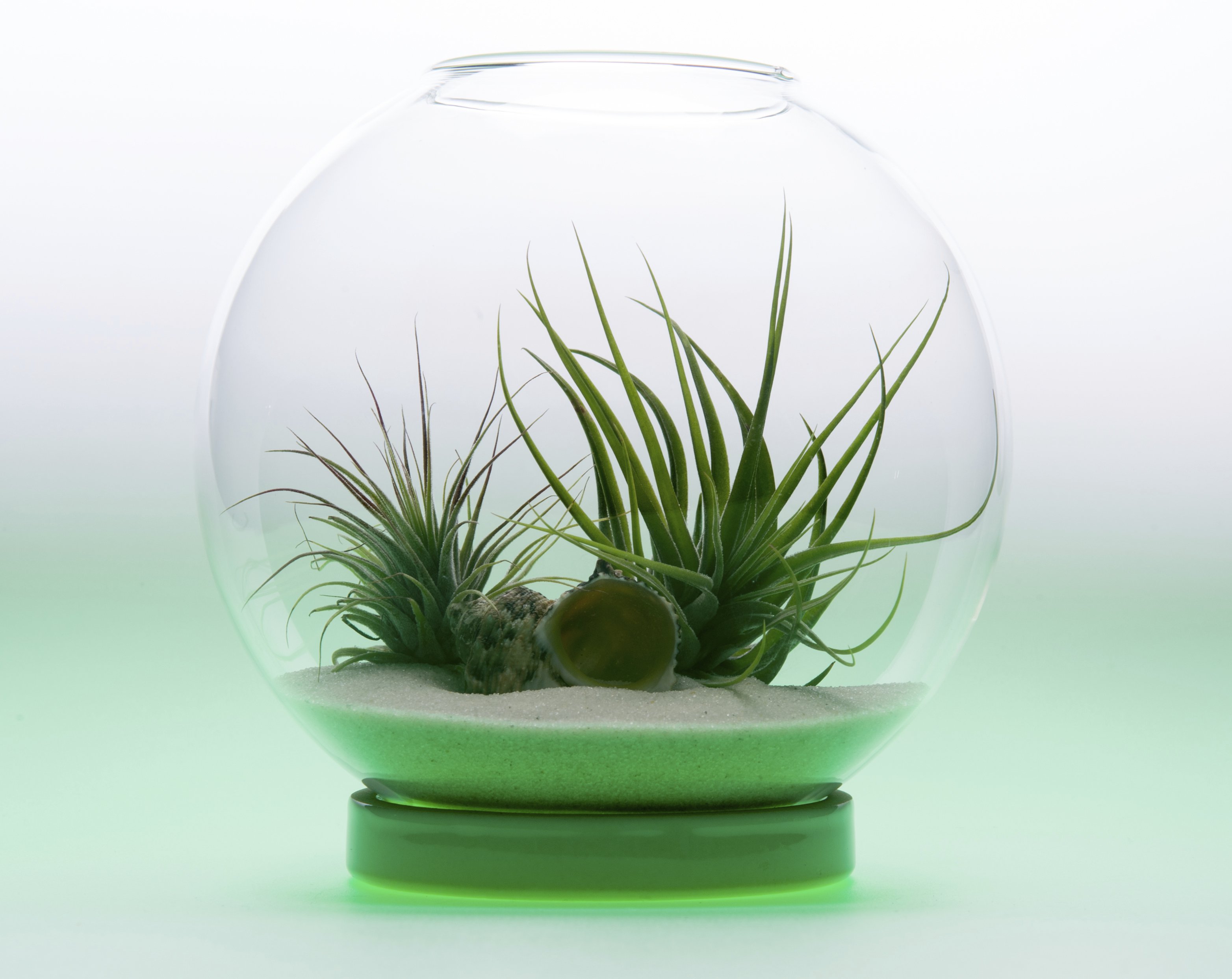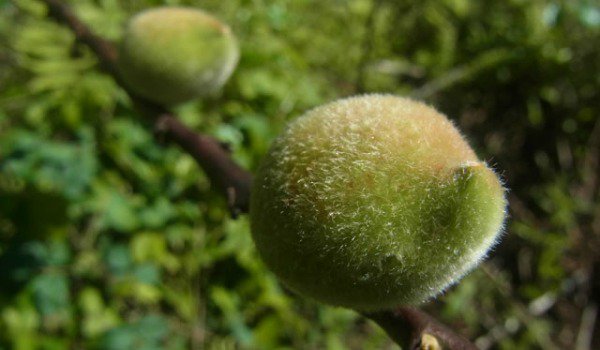
You don’t have to quit gardening just because winter is coming. In fact, some of us really like the challenge. We also like calling it a winter garden and having people think we’re really out there tilling in the frost. In truth, of course, any talk of winter gardening refers to plants that mature quickly and are ready to harvest in winter–thanks to being able to put up with the drop in temperature. That means we start in late summer–which means we’re off to a late start now, but we’re already hard at work. [photo via wiki commons]
It begins with doing some math, of course. We have to figure out how much space we have as we clean out the summer crops, and also calculating how much time these new plants need to grow. There’s also the matter of deciding what to plant. We’re hearing from the Farmer’s Almanac that this is going to be a harsh winter, so we’re looking at broccoli, spinach, and chives this year. Maybe some bunching onions, too. Those should all be mature in 30 days. If you’re further South, you can consider the kinds of vegetables that take a leisurely 60 days: leeks, collards, perennial herbs, carrots, beets, cauliflower, brussel sprouts.
We like to get out some graph paper and really plot out our winter garden territory. It’s not unusual for mature vegetables to keep growing right through the end of the year. We haven’t even been able to rule out January, thanks to the resilience of lamb’s lettuce, carrots, claytonia, and kale. There’s also the pleasant surprise of seeing what manages to spend the winter as seedlings for an early harvest around March or April. That’s when the garden really pays off, too. Check out the prices in produce aisles around that time of year.
We keep things simple in protecting our plants. We set up a frame and put a layer of mulch over them. We recently tried using bubble wrap as a cover, and that worked really well. And don’t forget that you can always bring in some plants from the winter cod. We’ve had lettuce and spinach do a good job of surviving–and, frankly, we’re always ready for more surprises. That’s one of the best things about winter gardens. They’re winter wonderlands.


